Dark Erotica Quartet / Footfalls
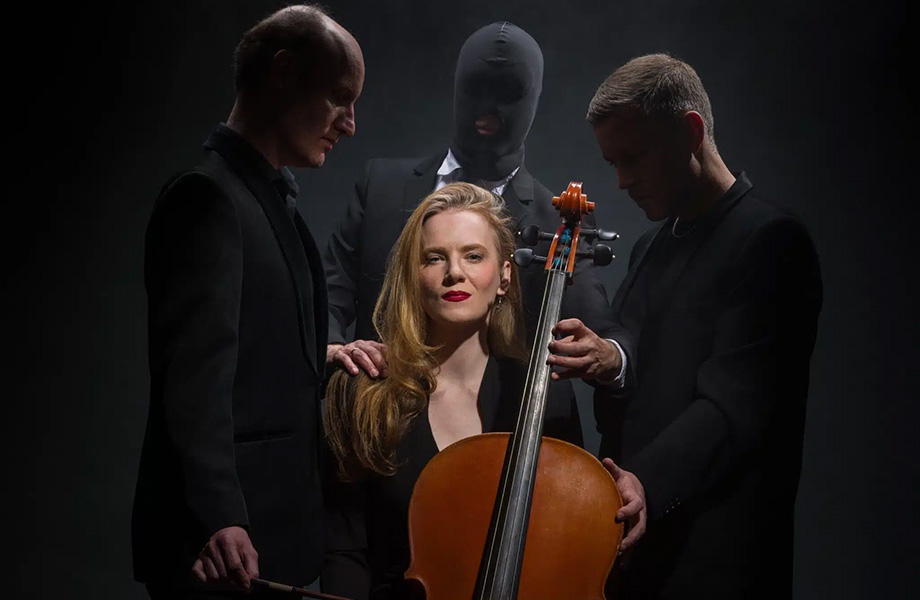
Is there a faint whisper of the erotic – ever so faint – in the late plays of Samuel Beckett? Is there not something that hums, albeit irregularly, in those grave, grey-toned puzzle pieces written in the 1970s and 1980s? These are the plays in which actors are famously held in place by props and lighting and gesture, confined to ever-diminishing zones of visibility. Yet something resists confinement and withdrawal – a thin thread of wanting, almost extinguished, but not entirely.
Beckett’s characters, caught between the comic and the abysmal, are generally impatient with the body’s stirrings and wary of the claims of past appetites. What do they really want? The profoundest nothing. They lean into extinction, quietly awaiting the close of a long day. All bodies are tiresome, especially one’s own. What remains is skeletal: a parody of eros, thwarted by time and the forces of decay and desiccation.
Continue reading for only $10 per month. Subscribe and gain full access to Australian Book Review. Already a subscriber? Sign in. If you need assistance, feel free to contact us.







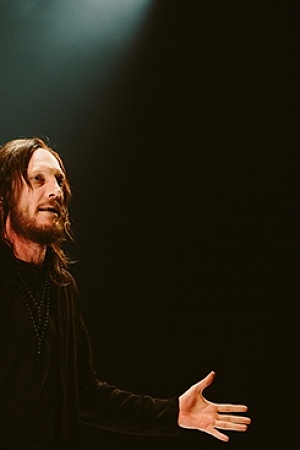
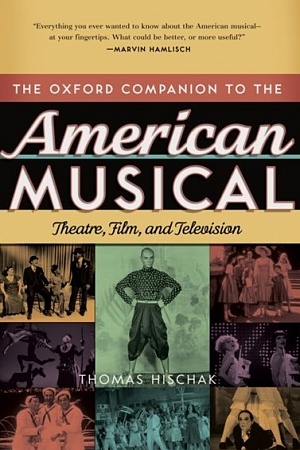
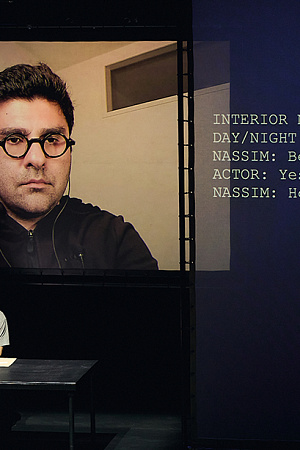
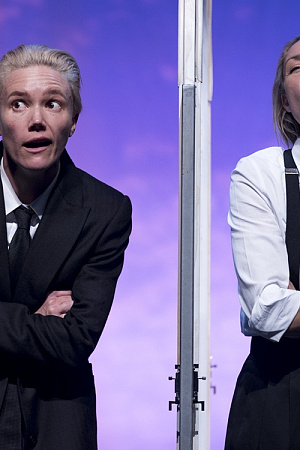
Leave a comment
If you are an ABR subscriber, you will need to sign in to post a comment.
If you have forgotten your sign in details, or if you receive an error message when trying to submit your comment, please email your comment (and the name of the article to which it relates) to ABR Comments. We will review your comment and, subject to approval, we will post it under your name.
Please note that all comments must be approved by ABR and comply with our Terms & Conditions.